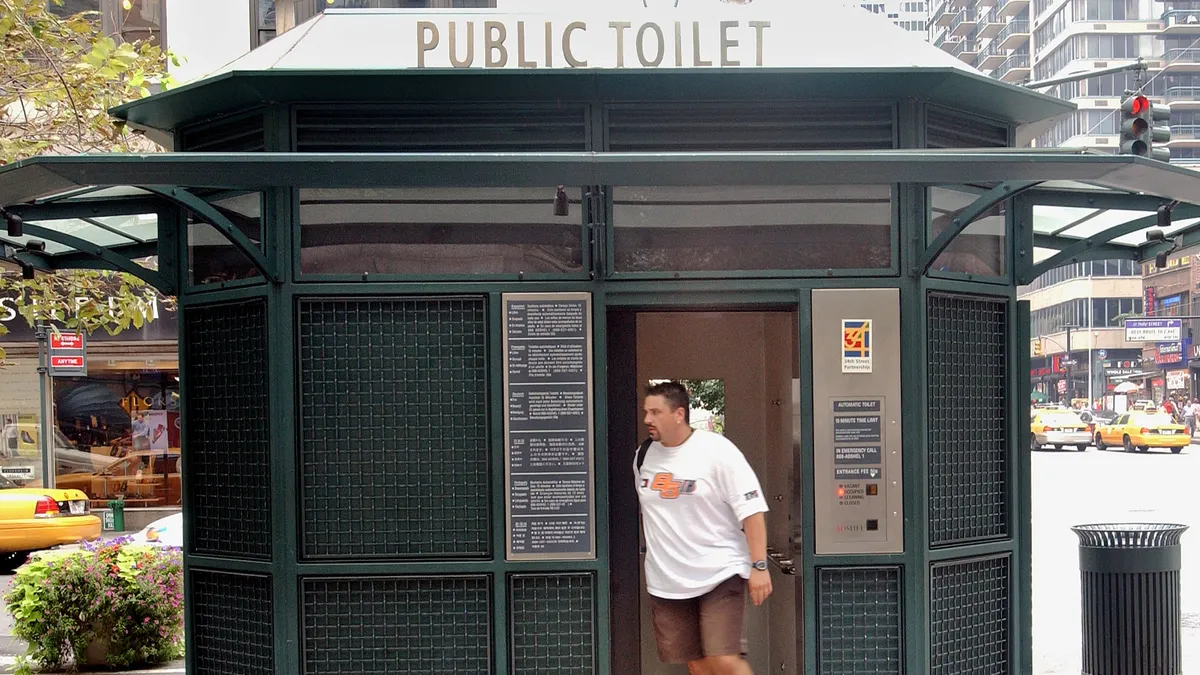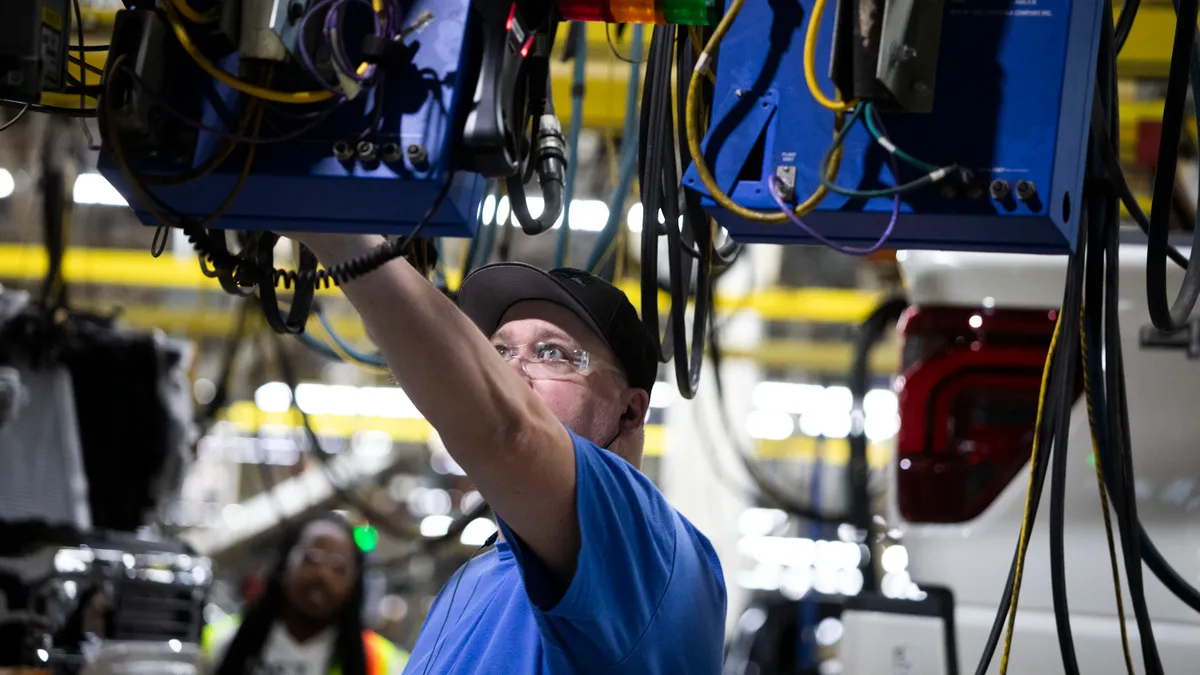It’s never too early to start planning 2017's recruitment strategy. In the coming year, the competition for skilled talent will continue to heat up, a new wave of college grads will be seeking career opportunities, and recruiters will be tasked with connecting to more quality candidates using the best technology and social marketing efforts available.
There are a lot of recruitment professionals talking about what to expect and how to approach things. Here’s a rundown of the top recruitment trends HR leaders are facing for 2017 and beyond.
Talent acquisition will finally take their seat at the executive table
For years, recruiters and other HR officers have worked in the background of their organizations, quietly sourcing a supply of talent to meet corporate objectives. This was a reactive role rather than a proactive part of the decision-making process that takes place in every corporate boardroom. In recent years, talent pros instead sought — and earned — a place at the executive table.
The LinkedIn Global Recruiting Trends Report for 2017 advises that “Talent leaders feel confident that their department is helping define the future of their company. Over 83% of them say talent is the number one priority in their organization.” Therefore, with this shift in mindset, more HR leaders are speaking up to become the key decision makers in talent management as it relates to the further development of their corporate growth.
The ability to win over and convert talent will be critical
In the next year, the transition of recruiters focusing on attracting talent to those who are working on converting talent will be complete. Tony Restell, director of social media marketing for Social-Hire.com, told HR Dive that his predictions for 2017 revolve around "technologies and approaches that help recruiters be more effective at converting candidates."
He added that among the most useful technologies are LiveChat and ChatBot tools, which consumers are increasingly using to interact with companies in real-time and are shown to drive up conversion rates.
“There are companies now developing variants of these tools specifically geared to improving the candidate experience as they navigate the careers pages of potential employers,” Restell said.
Coaching will increase the personalized approach to recruitment
A few decades ago, cookie-cutter candidates were expected to fit into companies like a cog in a wheel. Their experience, whether good or bad, wasn’t really that important to companies, which created alienation in most cases. Over the years, this has changed some, but there are still overwhelming numbers of employees who are disengaged from their organizations.
In 2017, this will continue to change as the use of coaching in the initial phases of recruitment all the way to the career development aspects of each person as an individual will take center stage.
Barry Kayton, CEO of Cognician Inc., told HR Dive that “today’s millennial candidate expects to be treated as an individual with values that align with the corporate culture.” Being able to convey the corporate mission through the way the company cares for candidates, clients and the community are all part of the ideals of millennials.
"There is a clear connection between coaching and recruitment in that candidates are looking for a hyper-personalized experience,” Kayton said. He added that he has personally heard from candidates how this has been a life-changing encounter for many.
“Having the opportunity to self-reflect, freely express their ideas and career goals during the recruitment process gives candidates a new way to express their concerns,” Kayton said. Encouraging these open discussions makes the recruitment process a much more productive and pleasant experience for everyone.
Diversity in recruitment will continue to be a primary focus.
In 2017, organizations across all industries are expected to ramp up initiatives to improve diversity in hiring. Entelo's 2017 Annual Recruiting Trends Report, which was just released, indicated that “67.4% of talent acquisition pros are reporting management either supports or strongly supports workplace diversity.” The survey also indicates that large companies are 2.5 times more likely to already have a diversity program in place and they believe almost half of the time that they are successful.
Companies continue to be challenged in their diversity recruiting efforts, but recruiting technology has improved to help organizations improve in this area.
A larger investment in social marketing recruitment efforts.
Both Restell and Kayton agreed that marketing will continue to play a large role in the recruitment world going into 2017. Marketing teams are increasingly expected to align with recruitment teams in creating the best corporate brands that attract candidates. Restell says he "expects 2017 to be the year when both in-house recruitment teams and external recruitment agencies decide to invest much more heavily in social media."
Kayton advised much the same, saying, "Marketing teams and recruitment teams will continue to overlap because they realize they must market to candidates more strategically." Social media is a powerful medium for sharing the unique corporate cultures of each organization and it's finally getting credit for improving recruitment efforts.
We will be watching these trends in recruitment very carefully heading into 2017, and will report updates with our experts in upcoming coverage.





















